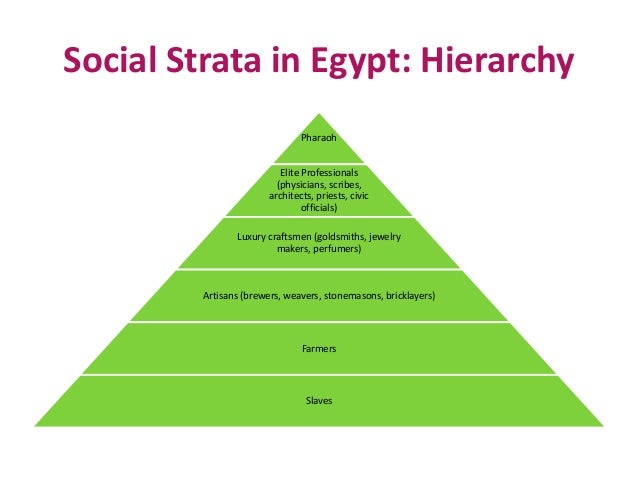

The agrarian western european christian middle ages were the most decentralized libertarian societies ever known. Donald Livingston The Southern Critique of Centralization The medieval contribution to politics is the idea of a federated polity where various independent political units are held together in a larger realm by compacts and traditional hierarchy.”
HUMAN COMM FEUDAL KINGDOMS BECAME THE NORM FREE
It was a mosaic of thousands of independent and quasi-independent political units: kingdoms, principalities, dukedoms, bishoprics, papal states, republics, free cities, and tens of thousands of titled manors. “ Medieval civilization was also decentralized, and it was vast in scale. Christopher Tyerman Gods war a new history of the Crusades Harvard U Press Cambridge Mass 2006 there was no uniformity of rules of landowning, judicial systems, weights, measures or currency. The far south retained a tradition of written law. The main political foci were the great counties ruled as autonomous principalities by comital ntrast mirrored different histories customs and laws. “ By the end of the tenth century the kingdom of France remained a legal and ideological construct, but it's kings exerted little genuine power outside their own family lands.

“ it was the law par excellence of those who wanted to affirm a central state authority”ĭecentralization and Self Government During the Feudal Monarchical Middle Ages

Thomas Aquinas On Kingship to the king of Cyrus 1225-1274 Thus among the ancients all powerful men were called tyrants.” “ If an unjust government is carried on by one man alone, who seeks his own benefit from his rule and not the good of the multitude subject to him, such a ruler is called a tyrant-a word derived from strength-because he oppresses by might instead of ruling by justice. Urban merchants, power hungry Kings, and Reformationist studying Roman law and needing or looking to justify centralization of power left the middle ages Feudal political system behind and moved into the Renaissance of centralized power. It was during the Renaissance and the reemergence of ancient Roman/Greek law that transformed the medieval feudal system to a system of centralized power of either absolute monarchies or later democracies and republics. Erik von Kuehnelt- Leddihn The Menace of the Herd or Procrustes at Large Bruce Publishing Company Milwaukee 1943Īs an important clarification I am here going to compare the christian feudal monarchies of the medieval time period to modern democracy- rather than the later Renaissance time period of absolute monarchies witch were a turn towards centralization. “ Patriarchal monarchy unfortunately gave sway at a later period to absolute monarchy, which became entangled in nationalist etatistic movements, a process which finally led to a suicide of the monarchical form of government.” Hans- Hermann Hoppe Democracy the God that Failed The Economics and Politics of Monarchy, Democracy and Natural Order Routledge 2001

“ However In the course of many centuries these originally stateless societies had gradually transformed into absolute – statist- monarchies.” Regine Pernoud Those Terrible Middle Ages Debunking the Myths Ignatius press San Francisco “ The feudal order, in fact, was very different from the monarchial order that replaced it and to witch succeeded, in a still more centralized form, the order of state control that is found today.”


 0 kommentar(er)
0 kommentar(er)
